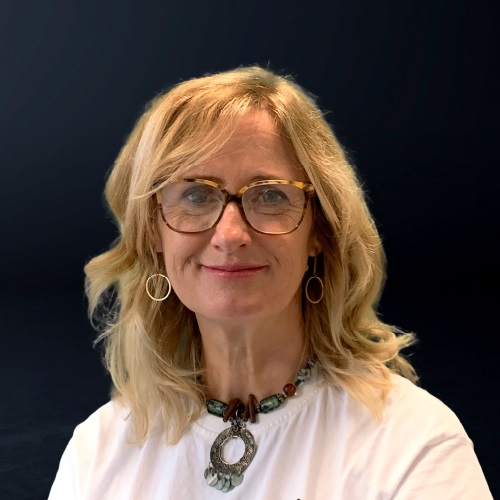New green innovations are at risk of not being realised if professionals working between academia and business do not possess sufficient soft skills. The demand for professional skills to drive innovation is greater than ever, especially as the European Union aims to be the first climate-neutral continent by 2050. However, appropriate training in soft skills is still lacking, and this is where the KTSoftSkills project offers a much-needed solution.
The European Green Deal (EGID) seeks to transform the EU into a fair and prosperous society with a modern, resource-efficient, and competitive economy. Its goal is to achieve net-zero greenhouse gas emissions within the European Union by 2050. To reach this objective, new sustainable and carbon-neutral practices, products, and services are necessary. Knowledge transfer (KT) professionals, alongside their soft skills, will play a pivotal role as the European Union advances towards a green transition.
KT professionals operate at the interface between the academic and business sectors. They frequently manage complex negotiations between research institutions, businesses, and community organisations, promoting collaboration and innovation. A strong set of soft skills is vital in this line of work.
The challenge lies in the lack of comprehensive training available for knowledge transfer professionals. While individual courses exist, they tend to focus on only one or two soft skills, such as negotiation or communication skills.
Aleksanda Dobrego, Community Manager of Terkko Health Hub, a centre for health and life sciences entrepreneurship, has found that soft skills have significantly shaped her career. She became aware of their importance when transitioning from research to a role focused on entrepreneurship and innovation.
“I feel like soft skills are actually a very big part of the job in the knowledge transfer field. While working in academia, you really feel like soft skills are not what it takes, and that it is all about hard skills. There are a lot of things that you absolutely cannot do without certain soft skills,” says Aleksanda Dobrego, community manager of Terkko Health Hub based in Helsinki, Finland.
KT SoftSkills toolkit: A tangible step towards the green transition and sustainable development goals
The KT SoftSkills project is developing training that will enable knowledge transfer professionals to promote collaboration between business and academia, driving new innovations and positive change. The toolkit will be publicly available by the end of 2025. The project has identified several key soft skills that are essential for creating a sustainable society and facilitating the green transition, including:
- Teamwork
- Problem-solving
- Critical thinking
- Adaptability & resilience
- Negotiation
- Cultural awareness and inclusivity
- Leadership
These skills are also crucial for achieving the 2030 Agenda for Sustainable Development. The KT SoftSkills project is committed to Sustainable Development Goals 17 (Partnerships for the Goals) and 9 (Industry, Innovation, and Infrastructure).
At present, the KT SoftSkills project is developing a self-assessment framework to measure the extent to which KT professionals possess and apply soft skills. The interviews conducted have been insightful, prompting reflections on how best to assess these skills.
Innovation ecosystem developer Chiara Facciotto has observed the value of soft skills in practice. As a pitch coach and science communication trainer, Facciotto has excellent communication skills, but even she was unaware of her strengths until taking on her current role.
“Connecting people is something I have always done, but it was only when I started my current role that I realised this could also be a work skill,” says Facciotto, who works at the intersection of academia and business, fostering innovation in the life sciences field at the University of Helsinki.
KT SoftSkills is a collaborative project co-funded by the European Union, aimed at improving the soft skills required to sustain effective partnerships between academia and business. The project equips KT professionals with a comprehensive set of soft skills to develop and manage collaborative partnerships. Project partners include the University of Bologna, ASTP (Netherlands), Helsinki Think Company (Finland), Jagiellonian University (Poland), Netval (Italy), and SOPU Academy (Finland).
Learn more about the KT SoftSkills project and its results here: https://www.ktsoftskills.eu/



